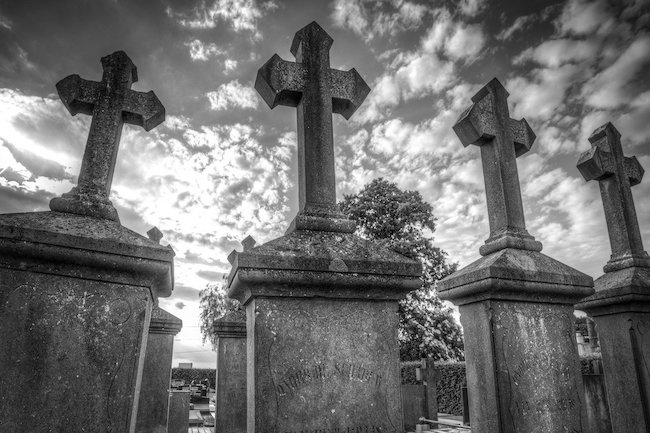For Christians, Dying From COVID (Or Anything Else) Is A Good Thing By Joy Pullmann for The Federalist
It is time for Christians individually and corporately to repent for the way we and our institutions responded to the COVID-19 outbreak.
Blaming people for contracting a catchy virus has been one of many widely deployed COVID manipulation tactics. That has shifted into blaming people for dying of a catchy virus after they decided their risks from taking the vaccines outweighed their risks from catching the disease.
Shaming people for dying by accident is a bit twisted, but it might make sense if you believe life is over once a person stops breathing, and so cling to the illusion of human control over death to avoid the terror of acknowledging that’s impossible. It’s such pagan assumptions driving the ridiculous number of news articles with fear-porn titles like these: “Kansas City area official who died from COVID was unvaccinated, ‘felt he was immune’”; “Unvaccinated husband and wife die of COVID-19 leaving 5 children behind“; “Unvaccinated Father Inspired Other Family Members to Get Shot Before Dying From COVID“; “Bride Planning Funeral Instead of Wedding After Unvaccinated Groom Dies From COVID.”
Christian teaching diametrically opposes the underlying theology pushed in such articles and in many other popular COVID narratives. That’s true despite the appearance generated by the majority of Western churches prioritizing obedience to men instead of to God by shutting themselves down over COVID-19. Doing so contradicts numerous clear commands of scripture.
It’s a mark of the weakness of the Western church that more church leaders have not proclaimed this to the world by now. They’ve left standing for basics of the faith to the far too few strong pastors such as John MacArthur and Mark Dever. Let’s go through a few of these clear biblical teachings that even this theologically basic laywoman knows thanks to parents who read the Bible to her growing up and excellent pastoral instruction since then.
God Decides When We Die, Not COVID
For one thing, Christians believe that life and death belong entirely to God. There is nothing we can do to make our days on earth one second longer or shorter: “all the days ordained for me were written in your book before one of them came to be,” says the Psalmist. “For if we live, we live to the Lord, and if we die, we die to the Lord. So then, whether we live or whether we die, we are the Lord’s,” says Saint Paul in Romans 14:8.
For another thing, for Christians, death is good. Yes, death is also an evil — its existence is a result of sin. But, thanks be to God, Jesus Christ has redeemed even death. In his resurrection, Christ has transformed death into a portal to eternal life for Christians. What Satan meant for evil, God has transformed into good.
Verse three of the 1540 Dutch hymn, “In God, My Faithful God,” beautifully expresses this timeless theology:
If death my portion be,
It brings great gain to me;
It speeds my life’s endeavor
To live with Christ forever.
He gives me joy in sorrow,
Come death now or tomorrow.
The Christian faith makes it very clear that death, while sad to those left behind and a tragic consequence of human sin, is now good for all who believe in Christ. A Christian funeral is a cause for rejoicing, albeit understandably through tears from those of us temporarily left behind.
“Yes, we are of good courage, and we would rather be away from the body and at home with the Lord,” says 2 Corinthians 5:8. This is not a small or unclear doctrine. It is repeated over and over again in scripture. It flatly rejects the heathen idea that death is to be avoided at any cost.
‘To Live Is Christ; To Die Is Gain’
Our Christian heritage also rejects the avoidance of death at any cost by venerating the millions of martyrs we honor precisely for choosing to confess Christ despite the indescribable costs to them of comfort, health, and life itself.




